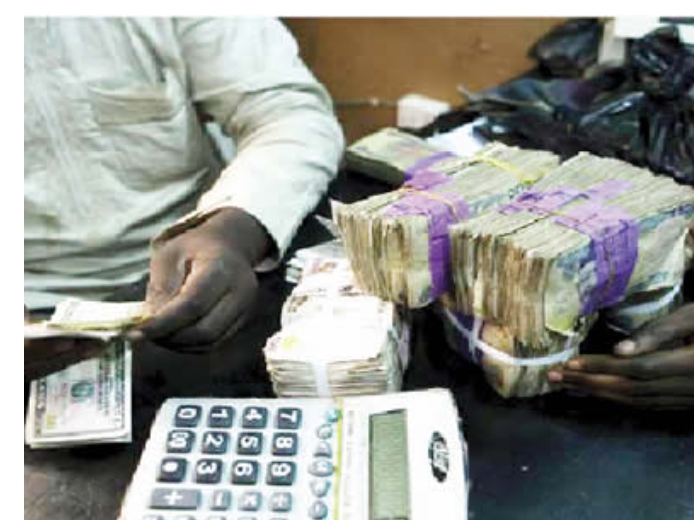Stakeholders in public relations and risk management have called on Nigerian business leaders to place greater emphasis on reputation management as a fundamental strategy for long-term sustainability and stakeholder trust. The call was made during a high-level webinar themed “Protecting Your Organisation’s Reputation: The Critical Role of Risk Identification and Management,” jointly organised by the National Planning Committee of the Nigeria Public Relations Week 2025 and Drawbridge CM.
In a communiqué issued after the session, the President and Chairman of Council of the Nigerian Institute of Public Relations (NIPR), Dr. Ike Neliaku, stressed that an organisation’s reputation is not merely a soft value but a powerful business asset that influences brand identity, customer loyalty, and public trust. According to him, reputation underpins all stakeholder relationships and serves as the foundation for consistent performance and growth.
Dr. Neliaku noted that many companies globally suffer significant financial losses due to crises involving data breaches, ethical lapses, or poor stakeholder engagement, citing a Cyber Magazine report that places the average global financial loss per reputational incident at $79 million. He further warned that businesses could lose as much as nine per cent of their annual turnover when hit by a reputational crisis.
“Reputation matters indeed because it underpins stakeholder trust. It sustains brand identity and drives customer dependability. Customers rely on you when they know you genuinely have their interests at heart,” Neliaku said.
He urged Nigerian organisations to adopt a proactive and integrated approach by embedding reputation risk management into their overall enterprise risk strategies. He emphasised that the future of brand protection lies in collective responsibility, foresight, and strategic collaboration among stakeholders.
Also speaking during the event, the President of the Chartered Risk Management Institute of Nigeria, Dr. Ezekiel Oseni, described reputation risk as the most underestimated yet most expensive risk any business could face. He pointed out that unlike physical assets such as buildings or machinery, reputation is intangible and often difficult to quantify until it is damaged.
“You can measure land, equipment, or financial assets, but once your reputation is compromised, the business itself may not survive. Reputation can make or unmake a company,” Dr. Oseni asserted.
In a similar vein, the Chairman and Group CEO of TPT International, Adetokunbo Modupe, called on business owners to begin treating reputation as a core form of capital. He warned that trust is the bedrock of reputation, and once eroded, it can lead to a sharp decline in profitability, revenue, and even market valuation.
“Reputation is capital. Without trust, reputation collapses. And when it collapses, the business suffers. Reputational risk is present in every facet of business and human operations,” Modupe said.
He stressed the need for a well-thought-out risk mitigation strategy and a strong organisational culture that prioritises integrity, transparency, and accountability. According to him, understanding reputational risks and developing frameworks to reduce their impact is vital for corporate resilience.
Concluding the session, Hassan Abdul, Lead Consultant at Drawbridge CM, re-echoed the importance of risk identification as a proactive step in reputation protection. He said organisations must take deliberate steps to build resilience by continuously assessing vulnerabilities and reinforcing their risk management structures.
“Businesses must prioritise risk identification and management if they truly want to protect their reputation and retain stakeholder confidence,” Abdul noted.
The webinar underscored a growing recognition within Nigeria’s corporate space that reputation management, far from being an optional practice, is now a strategic imperative for business continuity and competitiveness in today’s volatile environment.

